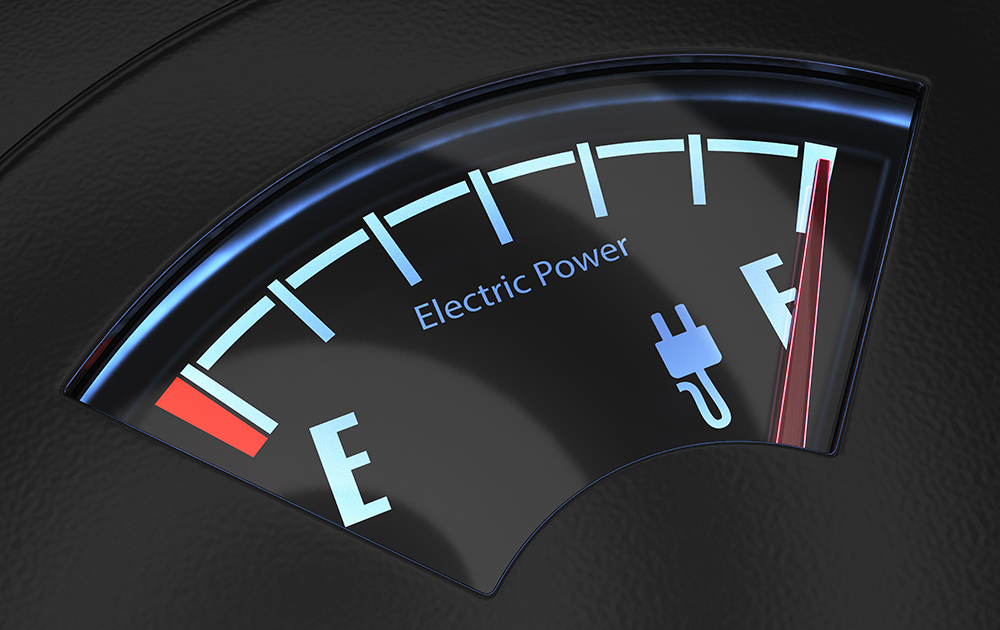Every EV driver is familiar with the “guess-o-meter,” the dashboard display that estimates a vehicle’s remaining range. A team of researchers from Japan claims to have found a way to make EV range estimates more accurate. Furthermore, they point out that inaccurate range estimates lead to inefficiency and waste.
The MEXT Q-LEAP Flagship project, led by researchers from the Tokyo Institute of Technology and Yazaki Corporation, has developed a prototype diamond quantum sensor that can measure currents over a wide range with milliampere-level precision. The researchers say their technology can improve detection accuracy from 10% to around 1%.
An EV battery’s state of charge (SoC) is measured based on the current output of the battery, and this measurement is used to estimate the remaining driving range of the vehicle. According to Tokyo Tech Professor Mutsuko Hatano, the battery currents in EVs can reach hundreds of amperes, but commercial sensors that can detect such currents cannot measure small milliampere-level changes. This leads to an ambiguity of around 10% in the battery charge estimation.
In a study published in Scientific Reports, Hatano and his team describe a diamond quantum sensor-based detection technique that can estimate a battery’s state of charge with 1% accuracy. “We developed diamond sensors that are sensitive to milliampere currents, and [are] compact enough to be implemented in automobiles. Furthermore, we measured currents in a wide range [and] detected milliampere-level currents in a noisy environment,” explains Professor Hatano.
Measuring SoC more accurately could deliver more than just convenience for drivers—the Tokyo team says their technology could enable the driving range of an EV to be extended by 10%, and increase the efficiency of battery usage. The implications could be profound. “Increasing battery usage efficiency by 10% would reduce battery weight by 10%, which will reduce 3.5% running energy and 5% production energy of 20 million new EVs in 2030,” says Professor Hatano.
Source: Tokyo Tech News

















































